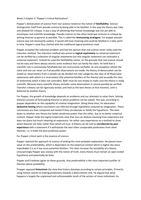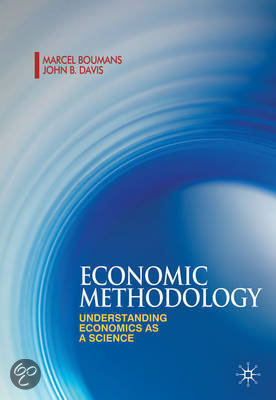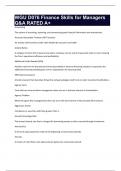Samenvatting
History of Economic Thought chapter 3 summary
- Instelling
- Rijksuniversiteit Groningen (RuG)
- Boek
- Economic Methodology
Een samenvatting van het derde hoofdstuk (3e) van het vak History of economic thought aan de RUG, van het boek Economic Methodology.
[Meer zien]






